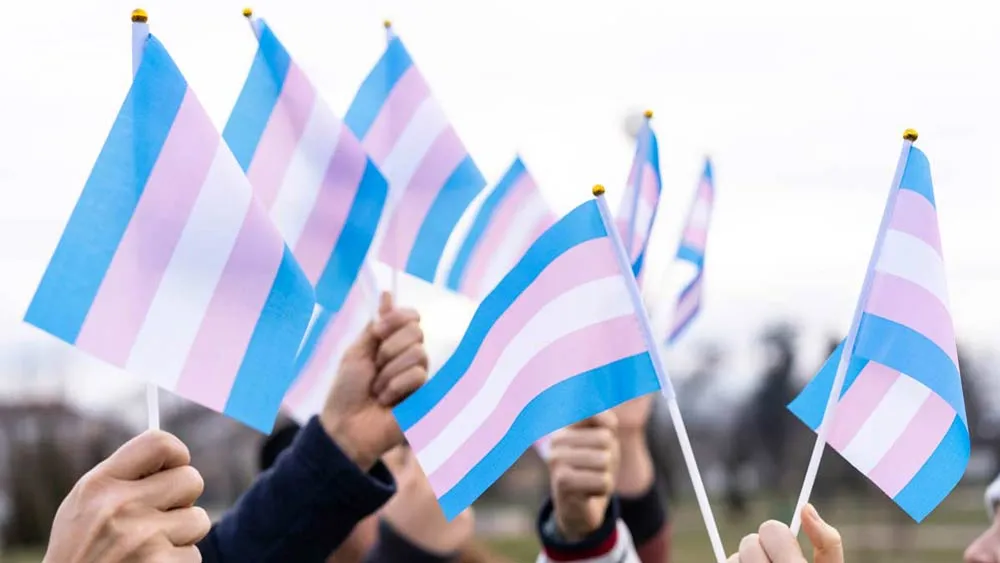December 27, 2014
Our Very Own LGBT Healthcare Bill of Rights
Kilian Melloy READ TIME: 3 MIN.
In its 20th year, a national organization created an LGBT Healthcare Bill of Rights for a further understanding of both patients and their providers.
LGBT HealthLink, under the CenterLink umbrella, released the bill of rights after Obamacare opened up its second sign up period. It is supported by 52 partners around the country, including Florida's very own Equality Florida.
"Today, no matter if you're in Maine, Miami, or Mississippi, you have the right to be treated with dignity and respect, to receive equal and unbiased medical care, and to choose who is allowed to visit you and who will makes decisions for you if you no longer can," said Brian Winfield, the managing director of finance and administration at Equality Florida, as well as the co-chair of LGBT HealthLink's steering committee.
Scout, the director of LGBT HealthLink, has been traveling the country conducting trainings with healthcare providers on LGBT rights. This was the motivation behind creating the Healthcare Bill of Rights, but even more so the fact that many LGBT people don't know their own rights.
LGBT people have higher rates of smoking, mental health problems, and skipping cancer screenings, perhaps because many expect poor treatment by doctors and hospitals and do not pursue healthcare.
"We're never going to break that chain unless we actually get the care and feel safer being in care," Scout said.
A transgender man with three children, Scout said that not only does he research whether a doctor is trans friendly, but that his family's doctors are as well. Recently, he had to switch psychiatrists for his son and had negative results.
"He basically treated me like I was a zoo animal," he said of the doctor. "He would stop my son's psychiatric treatment so that the two of them could discuss me and my transition process, which just to be clear, had nothing to do with my son's issues."
"Here I am paying and needing this guy to stabilize my son and instead I hear again and again how his sessions with him seemed to be talking about me being transgender."
Scout said that research can include seeing if the office has pro-LGBT signs or flags, LGBT questions on the intake questionnaire, or simply asking if the office has experience with LGBT patients -- the reaction can be very telling either way.
LGBT HealthLink is also working with doctors and hospitals on how to present themselves as an LGBT friendly atmosphere. The organization created a poster, which can be ordered for free, reading "Health Starts Here For Everyone: This office is proud to be LGBT-welcoming and inclusive."
"We have indeed come a long way from the days when life partners were treated as complete strangers, even being kept from their dying partner's bedside either by estranged family members or homophobic hospital administrators," Winfield said.
The healthcare bill of rights, which is listed on the group's site, can be printed out so one has it on them at all times.
"Flash it when you go to the doctor's office, have it in your pocket in case you ever have to go to the hospital. This kind of information can help avoid worse case scenarios, which are too common in this country," Scout said.
The Bill of Rights can be found online at LGBTCenters.org in the condensed wallet-sized version and the full version.
Kilian Melloy serves as EDGE Media Network's Associate Arts Editor and Staff Contributor. His professional memberships include the National Lesbian & Gay Journalists Association, the Boston Online Film Critics Association, The Gay and Lesbian Entertainment Critics Association, and the Boston Theater Critics Association's Elliot Norton Awards Committee.


